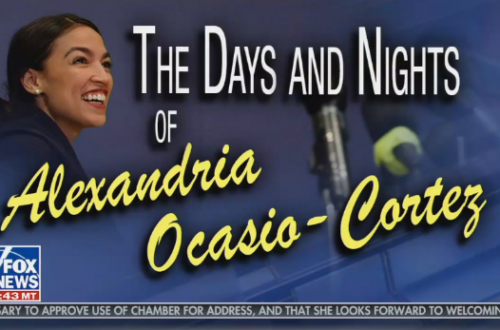Berkeley has been the front line of recent “free speech” battles raging across universities around the country, but it appears the university administration is finally getting serious about its approach to dealing with controversial speakers on campus. Ben Shaprio, conservative columnist and pundit, was invited by the College Republicans to speak but was told by the university that the school was “unable to identify an available campus venue.” This announcement followed a year of troubled events on campus. Following a riot before Milo Yiannopoulos’ presentation last spring, the university canceled other events set up by the student group to host Ann Coulter and David Horowitz. Understandably, many on the left and right criticized the university for being unwilling or unable to host controversial speakers on campus. Peter Beinart argued a sentiment echoed by many.
Universities should establish rules for how they treat speakers that student organizations invite. And they should not alter those rules depending on the ideas those speakers espouse, even if their ideas are hateful. (And yes, I’d apply that not merely to Milo but to a neo-Nazi like Richard Spencer). At Berkeley, the rules say that student organizations get to host their speakers at the Student Union for free….
…Conservative students have the right to bring obnoxious bigots to speak on campus and other students have a right to protest. But universities should not let the protesters shut them down.
It appears the university administration is getting serious about protecting student rights to invite speakers to the campus.
Campus administration announced Thursday it is “confident” it will be able to provide Berkeley College Republicans a venue for Ben Shapiro to address the campus Sept. 14, according to an emailed statement from campus spokesperson Dan Mogulof.
According to the statement, BCR — which had originally requested a venue to host an audience of 500 people for the event — is open to accepting additional smaller on-campus locations to hold the address. Campus officials also announced it is willing to underwrite BCR’s potential rental costs to offer the group venues “usually not available free of charge to students” for its planned event, according to an emailed statement.
Our public institutions should not be bullied and antagonized into stopping its students from holding events. As long as the most belligerent activists are allowed to hold a veto over who is allowed to speak, our public universities will continue to be seen by many as an establishment hostile to extensive swaths of society. Hopefully, this change in tone and policy is the first step towards helping remedy a problem UC Berkeley helped create.


